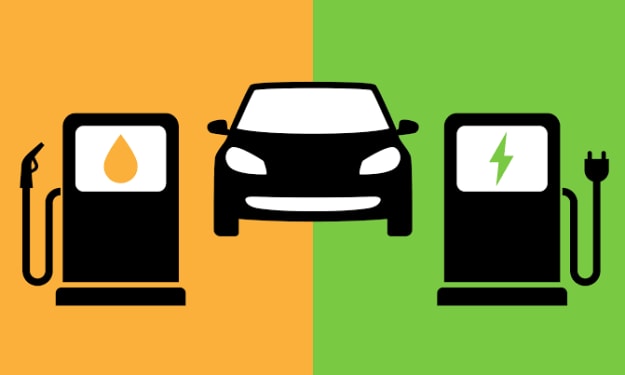"The Future of AI: How Artificial Intelligence Will Transform Our Lives"
Future Vision of AI
The future of artificial intelligence (AI) is difficult to predict with certainty, but it is clear that AI will play a significant role in shaping the world of tomorrow. Here are a few possible scenarios for the future of AI:
AI becomes ubiquitous: In this scenario, AI becomes deeply integrated into all aspects of society, from transportation and healthcare to education and entertainment. AI assistants, robots, and autonomous systems perform a wide range of tasks, freeing up humans to focus on more creative and strategic work.
AI surpasses human intelligence: In this scenario, AI surpasses human intelligence and becomes the most intelligent entity on the planet. This could lead to a wide range of outcomes, including the emergence of super intelligent AI that is capable of solving problems that humans cannot, or the development of AI that is capable of self-improvement, leading to an exponential increase in its capabilities.
AI and humans merge: In this scenario, humans and AI merge to become one entity. This could be achieved through the development of brain-machine interfaces or the enhancement of human biology with AI technology. This would lead to the creation of a new type of being that is both human and artificial.
AI leads to a utopian society: In this scenario, AI leads to the creation of a utopian society where all of humanity's problems are solved and everyone has access to abundance and prosperity. This could be achieved through the development of advanced AI systems that are able to optimize resources and solve complex problems, leading to a world of abundance and prosperity for all.
AI leads to a dystopian society: In this scenario, AI leads to the creation of a dystopian society where humans are controlled or oppressed by artificial intelligence. This could be achieved through the development of super intelligent AI that is capable of manipulating or controlling humans, or through the use of AI for malicious purposes, such as surveillance or propaganda.
It is impossible to say with certainty which of these scenarios will come to pass, or whether some combination of them will emerge. What is clear is that the future of AI will have a profound impact on humanity, and it will be up to us to shape it in a way that benefits all of society.
Artificial intelligence (AI) is already starting to transform many aspects of our lives, and it is likely that its impact will only continue to grow in the future. Here are a few ways in which AI may transform our lives in the coming years:
Increased automation: AI has the potential to automate many tasks and processes, from manufacturing and transportation to customer service and healthcare. This could lead to increased efficiency and productivity, but it may also result in the displacement of some jobs.
Improved decision-making: AI can analyze vast amounts of data and make decisions faster and more accurately than humans, which could lead to improved outcomes in a wide range of industries. For example, AI could be used to optimize supply chain management, diagnose medical conditions, or predict financial markets.
Enhanced personalization: AI can learn about an individual's preferences and behaviors and use this information to personalize products and services. This could lead to a more tailored and satisfying customer experience, but it may also raise concerns about privacy.
Increased connectivity: AI could facilitate the development of the internet of things (IoT), where everyday objects are connected to the internet and can communicate with one another. This could lead to a world where our homes, cars, and cities are smarter and more connected, but it may also raise security concerns.
New frontiers in science and technology: AI has the potential to help humans explore and understand the world in new ways. For example, AI could be used to analyze scientific data, discover new drugs, or design new materials.
AI has the potential to bring about many positive changes in the world, but it is also important to consider the potential risks and challenges associated with it. It will be up to us to ensure that the development and use of AI is ethical, responsible, and beneficial to society as a whole.






Comments
There are no comments for this story
Be the first to respond and start the conversation.